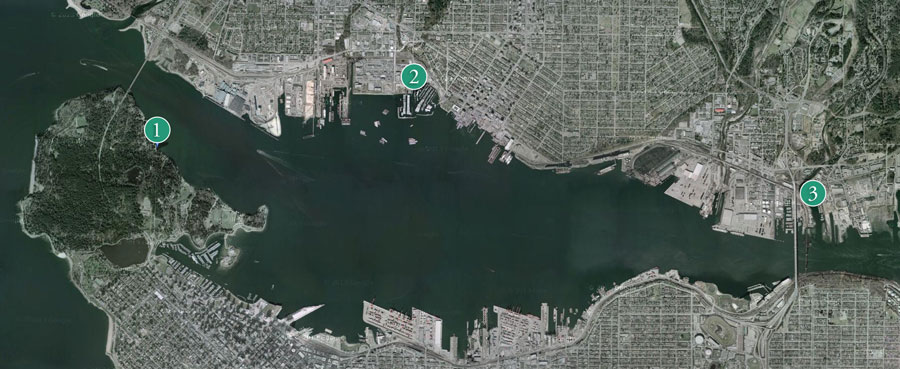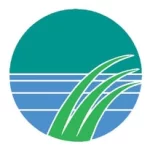HCTF has announced it will provide over $200,000 in funding this year for estuary restoration projects on Burrard Inlet. Two North Vancouver sites and another in Stanley Park will be rehabilitated from their current industrialized states back into functional habitats that support many types of native fish and wildlife.
Estuaries, areas where rivers and streams meet the sea, make up only a small percentage of BC’s vast coastline, yet over 80% of coastal wildlife are dependent on them for some portion of their lifecycle. They are critical for anadromous fish as they make the adaptation from fresh to salt water. Estuaries are also gaining recognition for their incredible capacity to store carbon, at rates up to ninety times the uptake of equivalent areas of forest. Unfortunately, these habitats are among the most threatened ecosystems on the planet: in highly industrialized waterways such as Burrard Inlet, they have all but disappeared.
HCTF’s Burrard Inlet Restoration Pilot Program is focussed on recreating at least some of Vancouver’s lost estuaries, using money from a creative sentencing award. This initiative has received a phenomenal response from local governments, corporations, First Nations, and educational institutions, who have come together to support these projects both financially and in-kind. This year’s grant recipients and funding partners include:
- Seymour River Estuary Restoration: The Seymour Salmonid Society received a $60,000 grant to remove onsite contaminants and re-vegetate the estuary’s intertidal benches and foreshore areas with native plants. Large woody debris will be added to provide cover for juvenile fish, and to deter geese from grazing the site. The project will receive additional funding from DFO, Metro Vancouver, the District of North Vancouver, the City of North Vancouver , and the Pacific Salmon Foundation, as well as receiving in-kind support from many local organizations.
- Mosquito Creek Estuary Restoration : Northwest Hydraulic Consultants and the Squamish Nation received $88,500 for their stewardship and habitat restoration project on Mosquito Creek, an estuary that has been reduced to a 1% of its historical size by encroachment of waterfront industrial development. Activities will include creation of an intertidal reef and benches, including planting of native vegetation. The site offers an excellent opportunity for community outreach as it is located along the newly completed Spirit Trail. Key supporters of this project include the City of North Vancouver, with in-kind support provided by BCIT and the North Shore Fish and Game Club.
- Restoring Access for Salmonids to Beaver Creek : The Stanley Park Ecology Society received a $55,000 grant to restore salmonid access into Beaver Creek, located within Stanley Park. The project will remove and modify decade-old fish barriers, as well as enhance estuary habitat. The location of this project along Stanley Park’s popular seawall, one of the most highly used recreation trails in Canada, will promote public understanding and participation in conservation. Partners include Environment Canada, HSBC, the TD Friends of the Environment Foundation, Recreation Fisheries of BC and the Pacific Salmon Foundation.
Together, these three projects will build upon the successes of last year’s $180,000 investment by HCTF in estuarine habitat on the Inlet. You can read more about last year’s completed BIRPP restoration work here.







